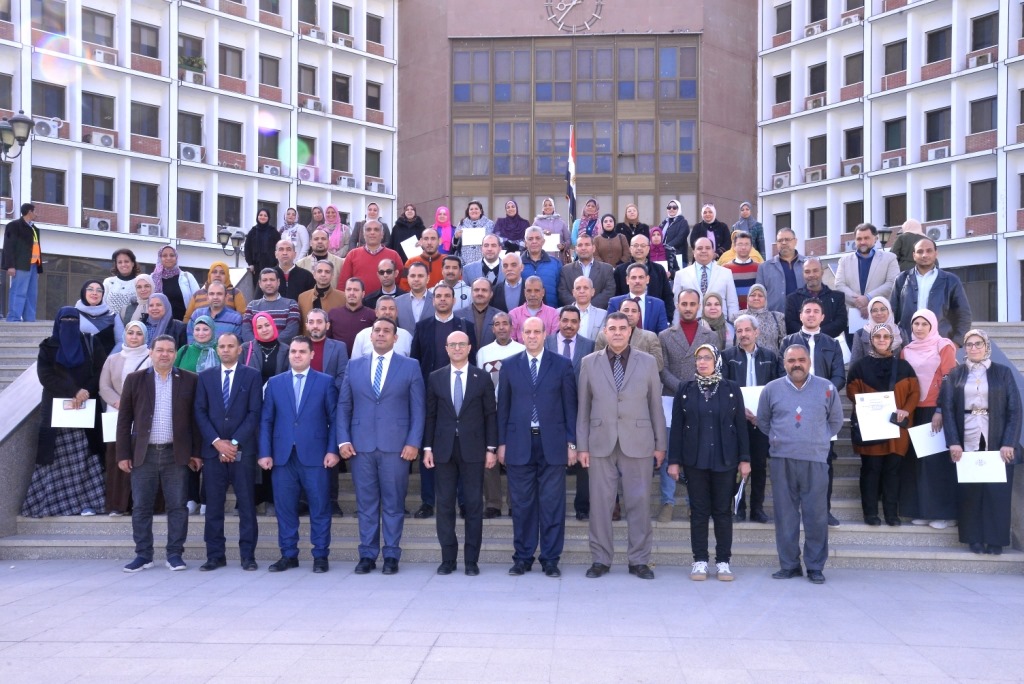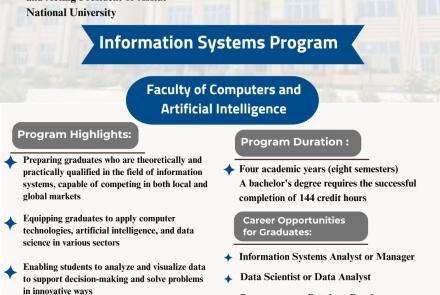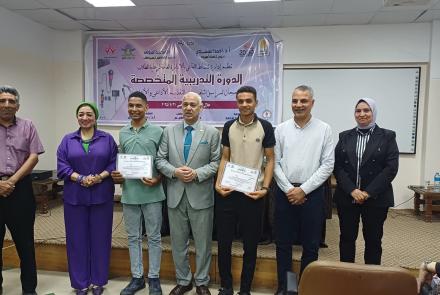Prof. El-Minshawy: Assiut University is keen to build an efficient and effective administrative apparatus that improves the management of state resources
Prof. Ahmed El-Minshawy, president of Assiut University, praised the training program in the field of governance and anti-corruption in the University's administrative cadres, which concluded its work on Thursday 26 from December the University, within the framework of the Global Initiative for Education and youth empowerment in the field of anti-corruption grace, in cooperation with the Ministry of Higher Education, the United Nations program to combat crime and drugs, and the Administrative Control Authority, in the presence of Colonel Fouad Darwish, representative of the National Anti-Corruption Academy, and with the participation of (75) a member of the University's administrative staff.
The work of the training program extended during the period from 24: to 26 from December, under the supervision of: Dr. Mohammed Ahmed Al-Adw
, director of the future studies center, and coordinator of Assiut University in the Global Initiative for education and youth empowerment in the field of anti-corruption, professor Shawkat saber, Secretary General of the University, and Dr. Mustafa Morsi, coordinator of the National Anti-Corruption Strategy, with the participation of experts, trainers, and administrators at the National Anti-Corruption Academy.
Prof. El-Minshawy explained: the training program included a lot of educational and awareness-raising lectures aimed at enhancing Assiut University's efforts in confronting corruption, building an efficient and effective administrative apparatus that improves the management of state resources and provides distinctive services characterized by transparency, integrity and flexibility, praising the role of the Administrative Control Authority in participating through the activities of the training program, contributing to the implementation of the state's vision and strategy aimed at reducing the risks of corruption, completing the community awareness system, and graduating students aware of the issue.
The closing events witnessed the distribution of certificates of appreciation to the participants from the cadres of the administrative apparatus of the university, provided by the National Anti-Corruption Academy, affiliated to the administrative control authority; to enhance the capabilities of university employees in areas related to anti-corruption, and to achieve the goals of sustainable and comprehensive development that the country needs in the next stage.
It is worth mentioning that the first day of the training program included three lectures, presented by Colonel Fouad Darwish, representative of the National Anti-Corruption Academy, where the initial lecture discussed corruption, its types in terms of areas, size, time, prevalence, and the negative effects of corrupt practices on societies, as well as the United Nations Convention Against Corruption, as well as the regulatory authorities in the Arab Republic of Egypt, and the third lecture discussed the digital transformation in the state administrative apparatus, the information infrastructure project of the Egyptian state, its stages, the challenges facing it, as well as social protection programs for various groups, including people with special needs.
During the second day of the training program, Dr. Mustafa Farag, at the General Authority for government services, gave two lectures on the legislative and institutional framework for combating corruption, and governance in the face of corruption, during which he discussed the principles of governance, and controls for filing a complaint, citing real examples of this, as well as Major General Mamdouh Zeidan, an expert in crisis management and resources and trainer at the Academy, on corruption and national security, during which he discussed the historical importance of Egypt, the criteria for the overall strength of the state and national security, as well as the correct way of thinking, the importance of community awareness, strengthening national affiliation, the most prominent Arab conflicts, and and current events, warning of the dangers of corruption and its impact on national security.
The third day also witnessed a number of important lectures on Egypt's vision, management and business ethics by Dr. Hanan Kamal, professor of administrative and international development, Helwan University, during which she discussed the concept of development, sustainable development, the history of its development, presenting the Sustainable Development Strategy, and Egypt's vision 2030, as well as the benefits of effective management, the most important management functions, as well as how to manage planning, the most important ethical dilemmas, and codes of professional conduct.
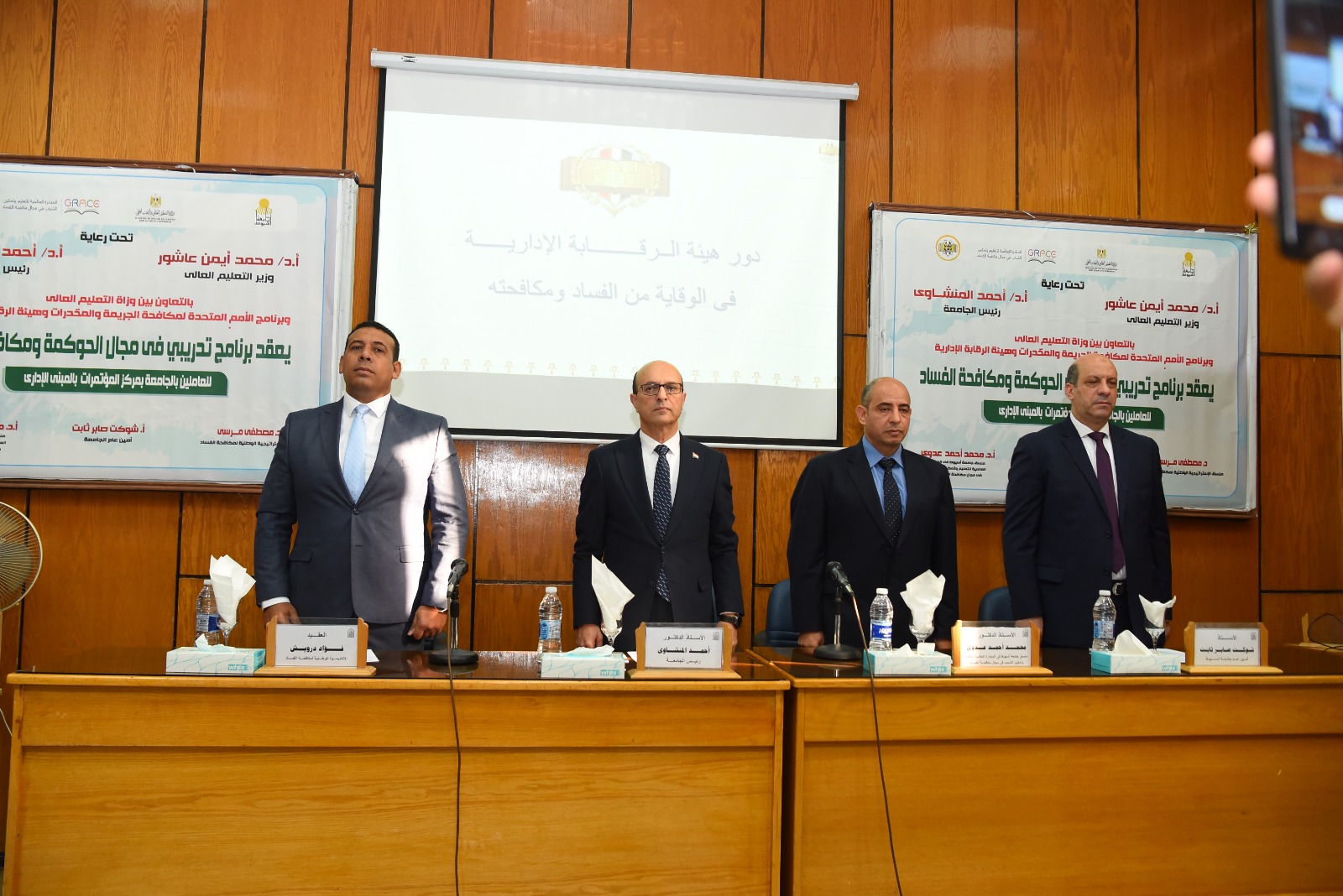
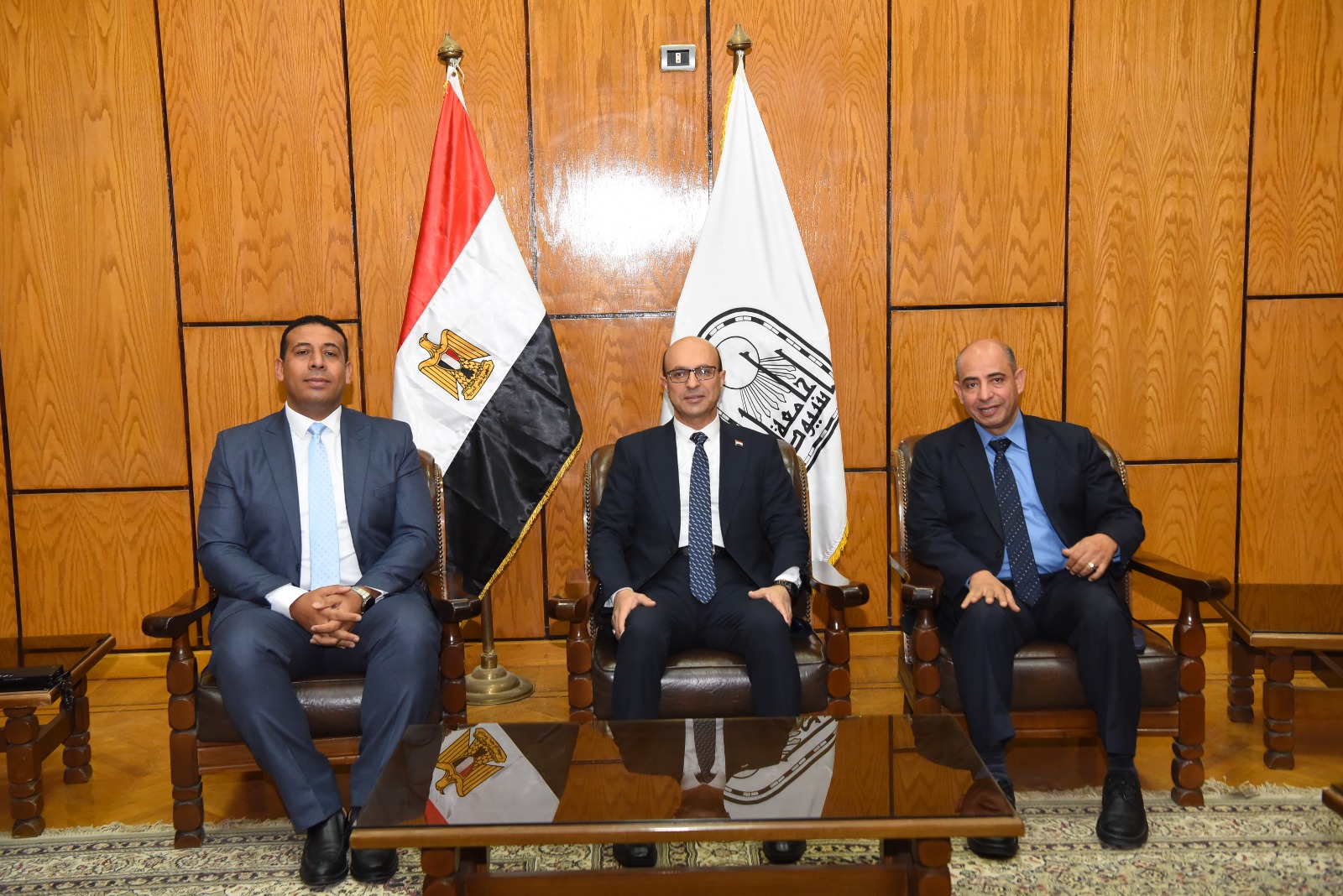
 Do you have any questions?
Do you have any questions? 
